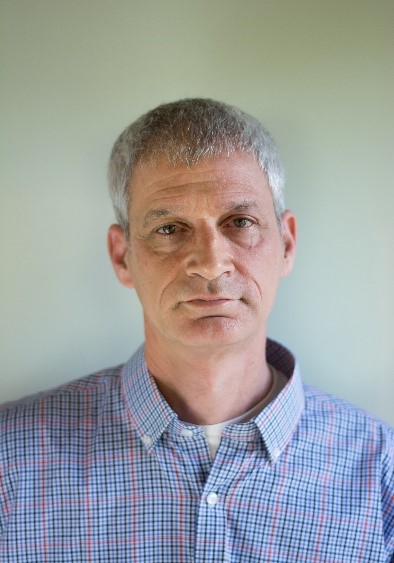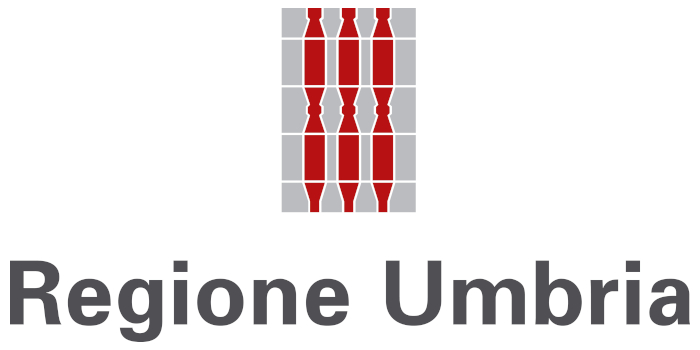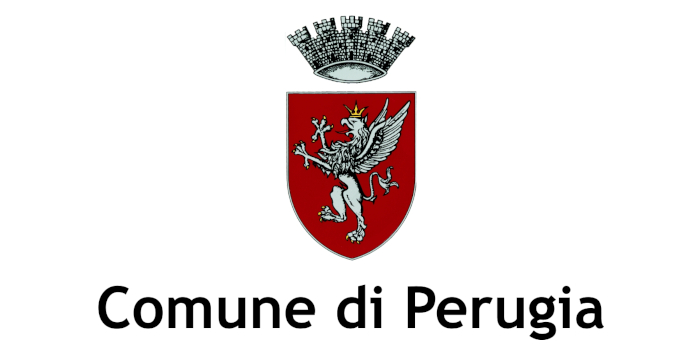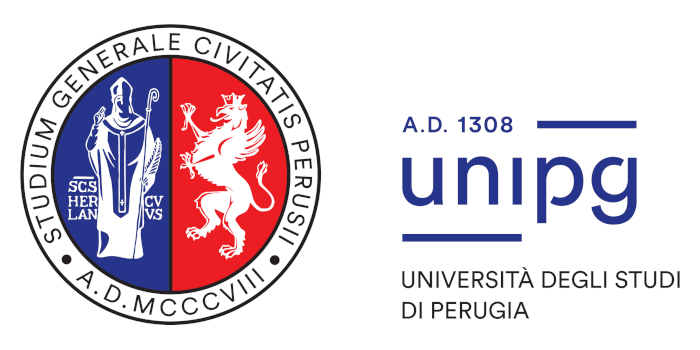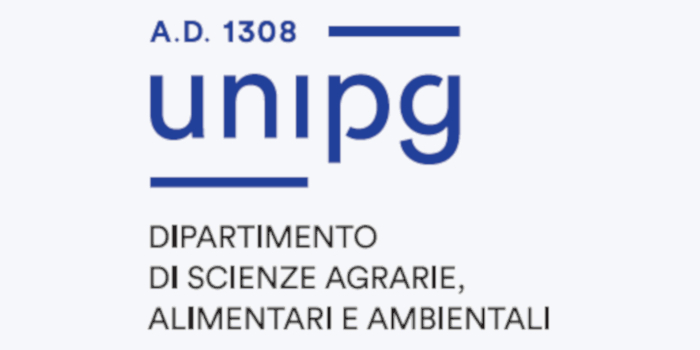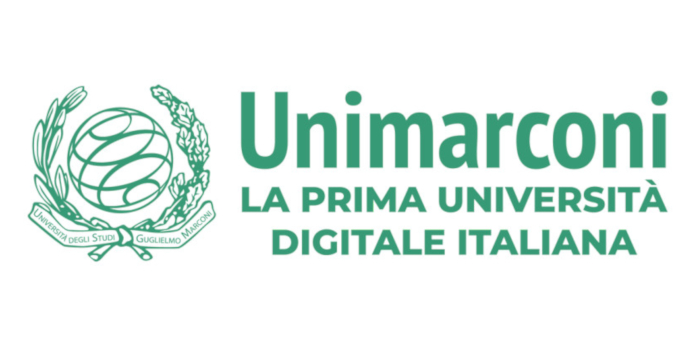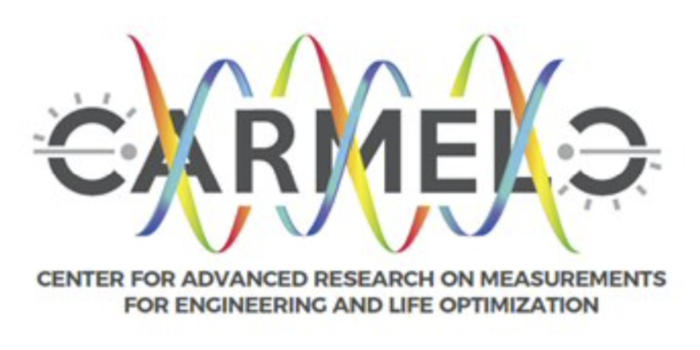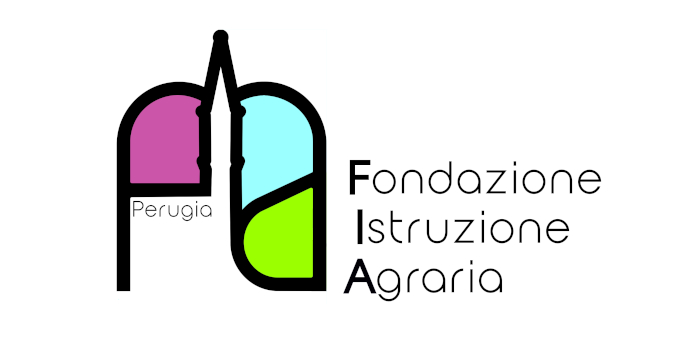Canopy-cooling systems applied on fruit trees for climate change adaptation
Arnon Dag
Agricultural Research Organization, Volcani Center
Ministry of Agriculture, Israel
ABSTRACT
Climate change is one of the modern threats to agriculture and food security. The air temperature on earth has been constantly increasing during the last decades; according to the intergovernmental climate change panel (ICCP), global warming of 1.5ºC is predicted in the next 10-30 years. The Mediterranean region has been identified as one of the world's most vulnerable and susceptible regions to climate change. In this region, besides general warming, spring heatwaves from the desert have become common. The combination of high temperatures, wind and low humidity is problematic for subtropical crops adapted to high humidity and temperate climate. Several methods were previously suggested to help fruit trees cope with heat stress, among them using heat-tolerant rootstocks, net shading, particle film application, fertilization manipulation and supplementary irrigation (Mupambi et al. 2015). Most of these methods are time-consuming, and/or entail additional expenses. The unpredictable nature of heatwaves requires an efficient, low-cost method, which should be available for immediate use, responsive and easy to implement. The above-canopy evaporative cooling method has been studied for several decades as a potential solution for crop protection against drought and heat stress. This method explores sprinkling operated above the crop canopy, which effectively reduces air and leaf temperatures through latent heat transfer, thereby reducing VPD. The method is especially effective in hot and dry climates. Therefore, short-term treatment can reduce plant damage during extreme heatwaves. However, adapting the method to a specific crop at a specific developmental stage, under specific climatic conditions is not straightforward. A specific test case in developing the use of evaporative cooling in avocado will be presented.
SPEAKER BIO
Prof. Arnon Dag is the Deputy Director is The Center for Arid and Semi-Arid Agricultural, The Volcani Institute, Ministry of Agriculture, Israel. Prof. Dag is a Senior Researcher the Department of Fruit Tree Sciences, Institute of Plant Sciences of the Agricultural Research Organization. He obtained his M.Sc. degree from Tel Aviv University and his Ph. D. degree from The Hebrew University of Jerusalem’s Faculty of Agriculture in Rehovot. He worked for 10 years in the Extension Service of the Ministry of Agriculture before joining the ARO as a researcher. His main research interest is pomology under arid conditions and especially olive, avocado, jojoba, table grapes and pomegranates biology and cultivation with special attention spent tree – soil - water relationships uder arid conditions. He was the Scientific Director of R & D South, Israel (which specelized in intesive agriculture under desrt conditions) for 6 years. His research activity has resulted in more 130 papers in peer review journals and 100 papers in local journals. He was the convener of the Agritec, Desert Agriculture conference (2018) 9th ISHS International Symposium on Mineral Nutrition of Fruit Crops (2021) and Achiving Sustanable Agriculture in Arid Regions conference (2021). Prof Dag also teach the Desert Agriculture course in Tel Aviv University .(2016-2019)


